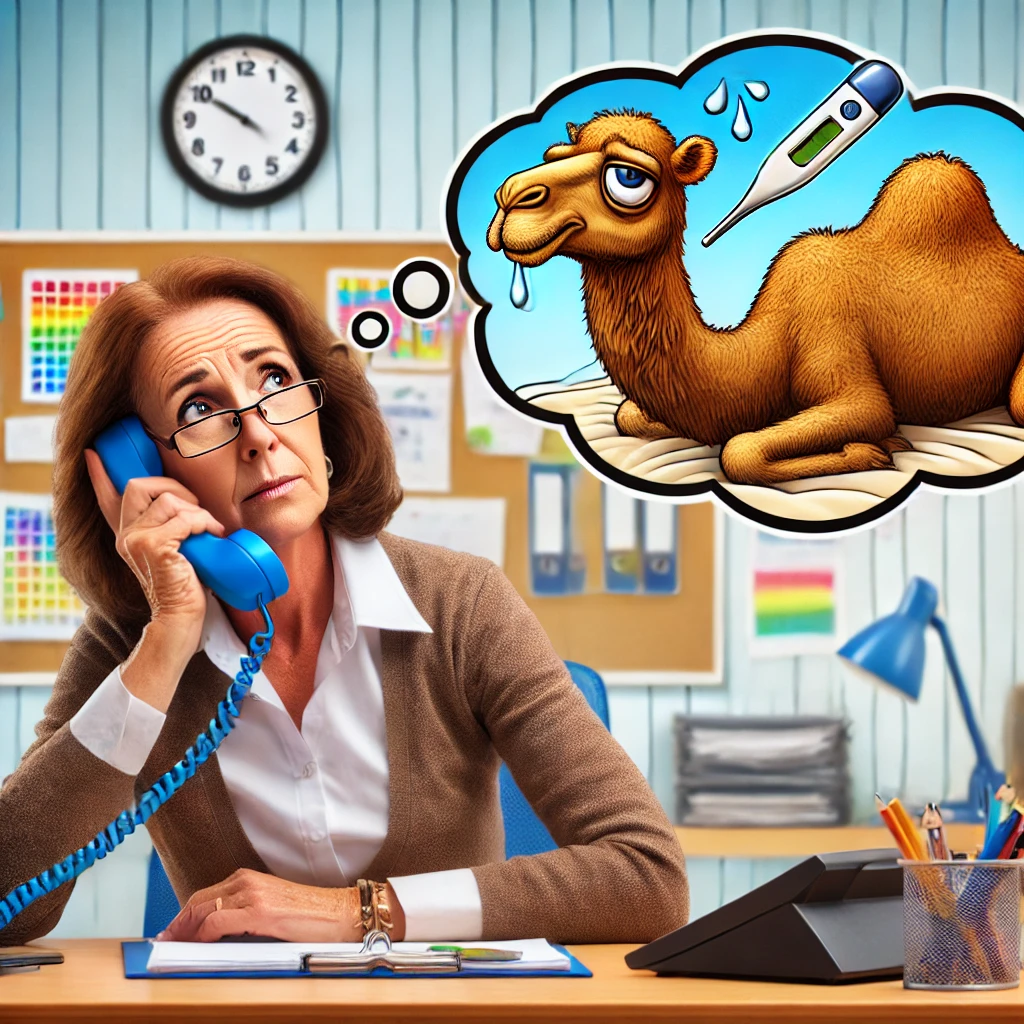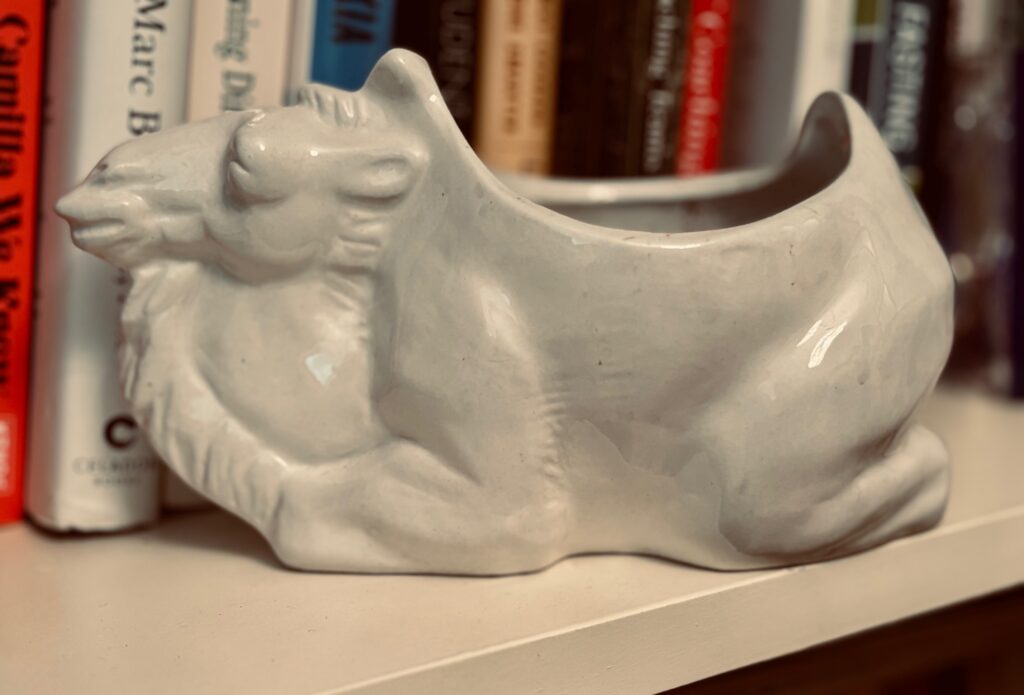In the world of education, I’ve learned to expect the unexpected. Over the years, I’ve dealt with a wide range of emergencies, from the predictable to the downright bizarre. But nothing could have prepared me for the phone call I received one ordinary morning—a call that would remind me just how unpredictable this job can be.
A Typical Day
It started like any other day. I was in my office and happened to be going through the week’s stack of leave request forms. After a few years, I had become pretty adept at managing these requests, balancing the needs of the staff with the parameters of our negotiated agreement. I’d seen it all—or so I thought.
Just then, my assistant told me there was an urgent phone call from one of our most reliable staff members regarding her own leave request.
“Good morning,” I answered, expecting the usual conversation about personal days or family emergencies – a sick child or an unexpected trip to the doctor.
“I need to request emergency leave,” she said, her words rushed and urgent. I could hear the tension in her voice, the kind that only comes with a real crisis.
I immediately started thinking about the different types of leave we offer—sick, personal, and family. I was ready to respond quickly and reassure her we would take care of it.
But then she added something that stopped me in my tracks.
“My camel is in trouble. If my camel falls, and I’m not there to pick it up, it will die!”
I paused, certain I hadn’t heard her correctly. Camel? Did she just say camel?
“I’m sorry, could you repeat that?” I asked, trying to keep my voice calm and professional.
“My camel. I have to be there. If it falls, it could die!” she repeated, her voice cracking with worry.
At that moment, I did a quick mental check of our leave policies. Sick leave, personal leave, and even bereavement leave all made sense for the usual emergencies one might expect—children, parents, and spouse. But a camel emergency? Nope – that was definitely not covered in any of our agreements.
I took a deep breath, buying myself a moment to think. Was this a joke? No, she was clearly serious—and clearly distraught.

As it turns out, camels are not just desert animals but also beloved pets in some families, much like dogs or cats. And in this case, her camel was apparently facing a life-or-death situation.
I realized this was one of those moments where policy had to take a backseat to humanity. This wasn’t about adhering strictly to the letter of the law; it was about understanding that sometimes, life throws us curveballs that don’t fit neatly into any category.
“Take the time you need,” I finally said, my decision made. “We’ll figure out the details later.”
After I hung up the phone, I leaned back in my chair, laughing at the absurdity of it all. A camel leave emergency? Who would believe that? You Can’t Make It Up! But then again, in the world of education, truth is often stranger than fiction. You think you’ve seen it all until something like this happens.
Here are some Key Takeaways to consider:
- Know Your Contract and Policy Language: Understanding the details of your contract and policies is essential. It not only helps you navigate everyday situations with confidence but also prepares you to handle the unexpected.
- Expect the Unexpected (and then some): Just when you think you’ve seen it all, a camel crisis will remind you that there’s always something new and surprising around the corner.
- Policies Aren’t One-Size-Fits-All: Sometimes, you have to step away from the policy handbook and make a decision based on compassion and common sense. After all, emergencies come in all shapes and sizes—even camel-shaped.
- Balance Humanity with Procedure: It’s important to follow policies and contracts to ensure fairness and consistency, but it’s equally important to approach unexpected situations with a degree of flexibility and understanding. Striking this balance allows you to uphold standards while effectively addressing unique circumstances.
- You Can’t Prepare for Everything: Education is full of surprises. Embrace the unpredictability and remember that some of the best stories come from situations you never saw coming.
- Laughter is the Best Medicine (and Coping Mechanism): In the face of the absurd, sometimes all you can do is laugh. It’s a reminder that no matter how bizarre things get, a sense of humor will see you through.
In education, you prepare for a lot of things. You expect the unexpected. But every now and then, you’re reminded that no matter how much you plan, there will always be something new to surprise you.

The staff member was so appreciative of the decision that a few days later, I found a brand new plant in a camel-shaped planter on my desk. I keep it on my shelf to this day to remind me of the importance of compassion and those You Can’t Make It Up moments!
